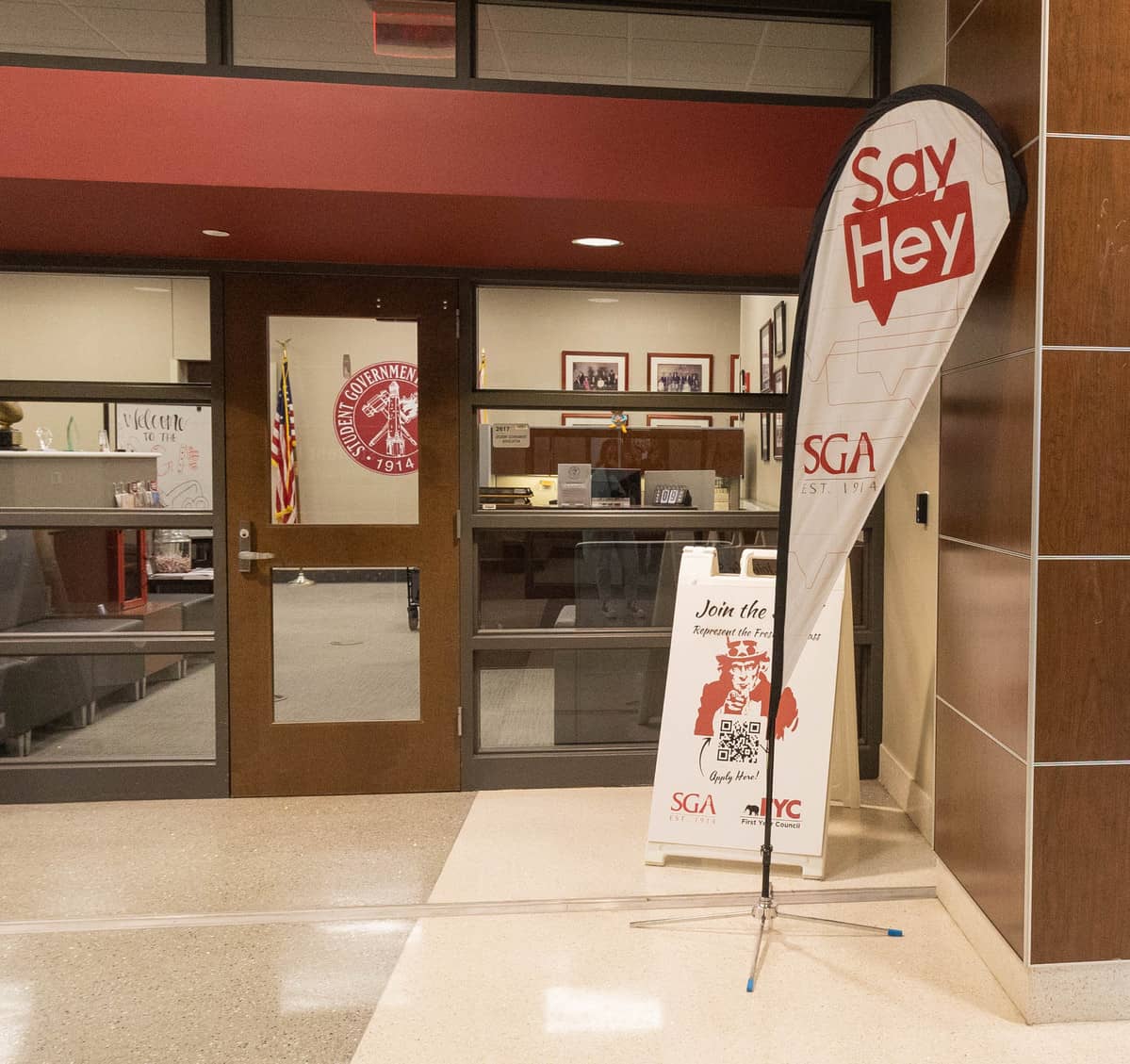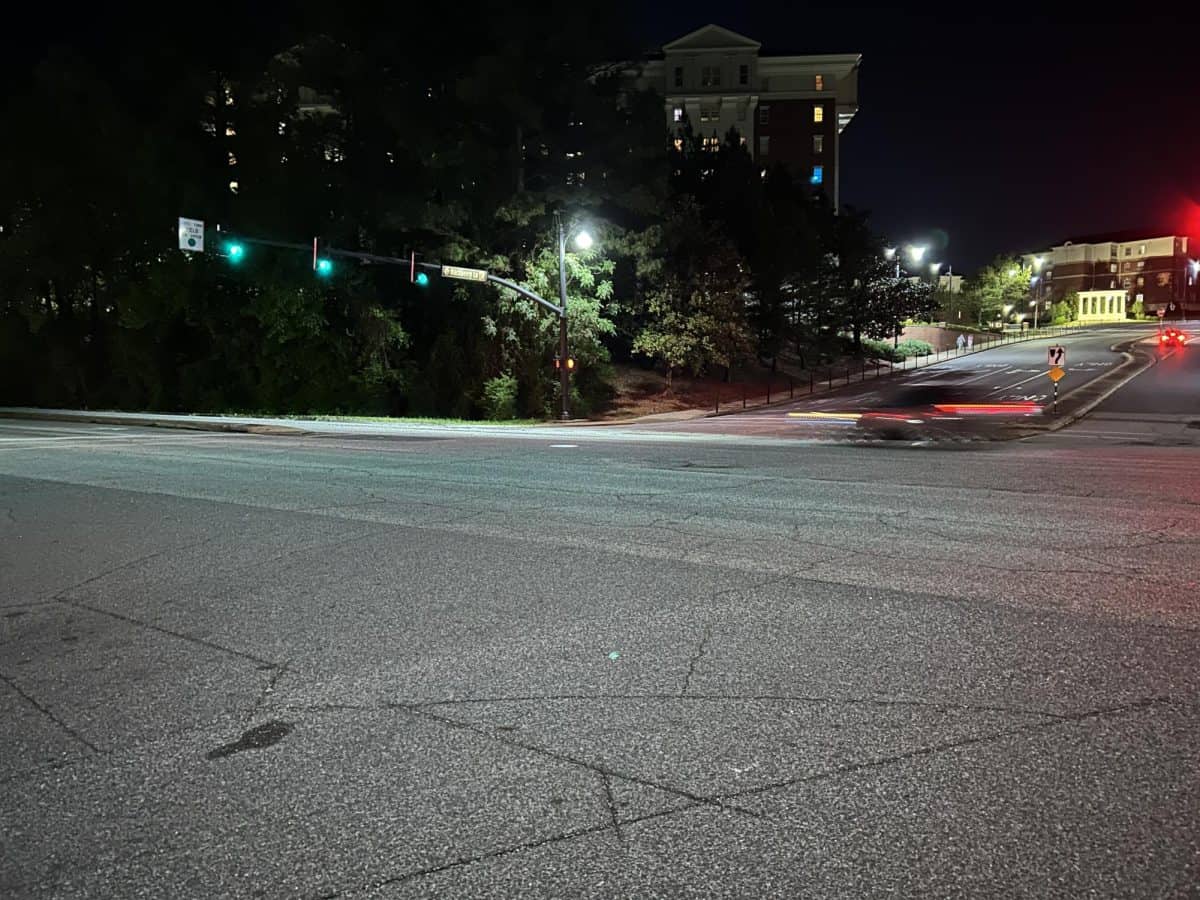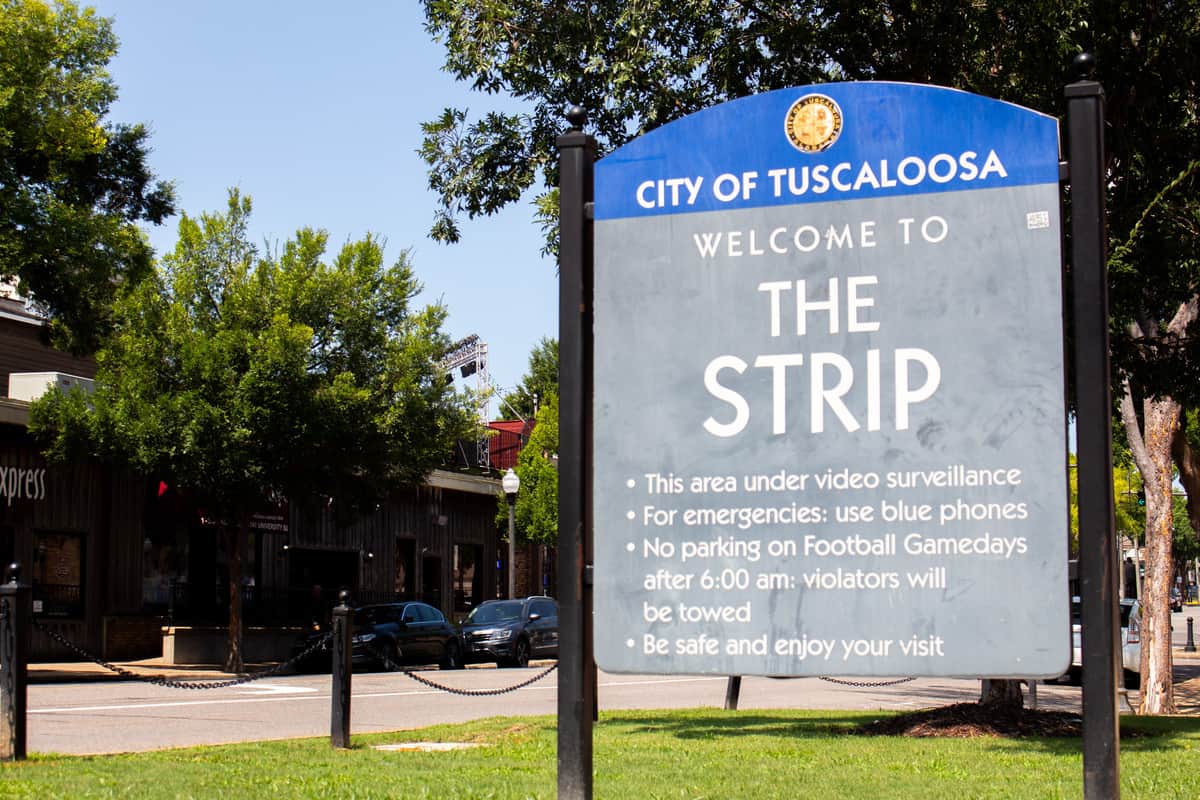When Travis Railsback of the University of Alabama Career Center looks at the list of cities where UA grads are moving, he has trouble finding much of a trend.
“They are going everywhere,” he said. “I mean they are all over, from coast to coast, in both big and small cities.”
Despite the fact that there are no distinct trends about where UA students are going, the national trend remains big cities. Rental housing listing sites such as Rent.com and Apartment Guides compiled lists in 2013 of the top cities recent college graduates flocked to.
Posted in January, the Buzzfeed quiz “What City Should You Actually Live In?” has erupted across the Internet, as many college-aged students post their results on social media. It would seem young adults are still obsessed with the city life, but it may not just be the youthful millennials who want to urbanize.
Fox Business released an article last May about the death of the suburbs, as more and more millennials are moving to settle down in small high-rise apartments instead of large houses with white picket fences, and Boomers are leaving their large homes in favor of downsizing to the big city.
Matt Reid is one of those millennials who wants to relocate to a metropolis. Reid graduated in August from the University and is currently employed at Enterprise in Tuscaloosa, but he said he does not plan on staying here much longer.
“Two things kept me here,” Reid said. “I have a girlfriend who is a senior, and I have a great job.”
Reid said he would ideally like to live in a big city in the near future, and he would not mind settling down in an urban area.
“I see myself settling down in a bigger city for a lot of life,” he said. “But if I were doing mission work or if there was a time when I needed to live in a small city for a brief period, I could be okay with that. Ultimately, though, I believe I will end up in a bigger city.”
Railsback said the city often does not play as much of a role in post-graduation plans as finding a job.
“It’s not something we see coming up in career advising sessions, but it may be that they just aren’t talking about it with us,” he said. “Location may still be a big factor for our graduates. It’s just hard to say.”
Railsback said he sees a trend that students often prefer to go back to the area they are from, and occasionally he deals with a student who has a spouse or fiancé they want to be close to. Often, though, it’s job offers that dictate where a student will move, he said.
Jillian Jacobson, a graduate student studying higher education at the University, said she would go wherever she could find a job.
“I would definitely prefer to be in a bigger city, but if I was offered a job in a smaller town, I would definitely consider taking it,” she said. “I could always move somewhere else later.”
Not all students want to be in large metropolitan areas. Ann Marie Coley, a junior majoring in social work, said she would rather live in a more suburban area.
“The big metropolitan area would be really busy, and it’s not that I want a really slow-paced lifestyle, I just think I would rather have one that would be more easygoing,” she said.
Coley, who grew up in the Oak Mountain area of Birmingham, said she enjoyed living in a smaller community while still being near a mid-sized city. For her, it felt like the best of both worlds.
“I wasn’t always running into people I knew, but if I wanted to, I could go certain places where I would know a lot of the people,” Coley said. “I can know where I am all the time and not be worried about getting really lost or having to deal with super high traffic.”
The Daily Beast released an article online in April about the changing urban landscape. More and more young adults are looking to live not in New York, Chicago or San Francisco, but in more sprawling urban regions.
“While Gotham and the Windy City have experienced modest growth and significant net domestic out-migration, burgeoning if often disdained urban regions such as Houston, Dallas-Ft. Worth, Charlotte, and Oklahoma City have expanded rapidly,” Joel Kotkin said in his article on thedailybeast.com. “These low-density, car-dominated, heavily suburbanized areas with small central cores likely represent the next wave of great American cities.”
This trend may be reflected in Alabama graduates’ cities of choice. Railsback said the top five in-state employment destinations for UA grads are Birmingham, Tuscaloosa, Huntsville, Mobile and Montgomery. He said the top five out-of-state employment destinations for UA grads are Atlanta, Ga., Houston, Texas, Nashville, Tenn., Dallas, Texas and New York City.
With the exception of New York City, the out-of-state destinations are suburbanized big cities. Business Insider, a business website, compiled a list from Rent.com of 10 cities that are ideal for new college graduates. Business Insider also provided the mean annual income, median cost for a one-bedroom apartment, unemployment rate, city “vibe” and some additional facts that may appeal to recent young graduates.
Several of the cities seemed more in line with sprawling cities and included Atlanta, Ga., Boston, Mass., Houston, Texas, Denver, Colo., St. Louis, Mo., Minneapolis, Minn., Seattle, Wash., Dallas, Texas, Raleigh, N.C. and Washington, D.C.
Jacobson said she has noticed this trend and finds cities like Houston or Charlotte very appealing.
“I am definitely drawn to cities like that, because there are good job opportunities and cultural opportunities like you would find in a big city but without the cost of living that you have in a city like New York or San Francisco,” she said.






